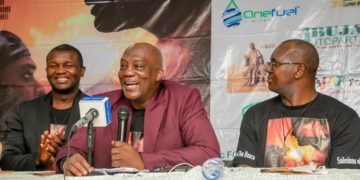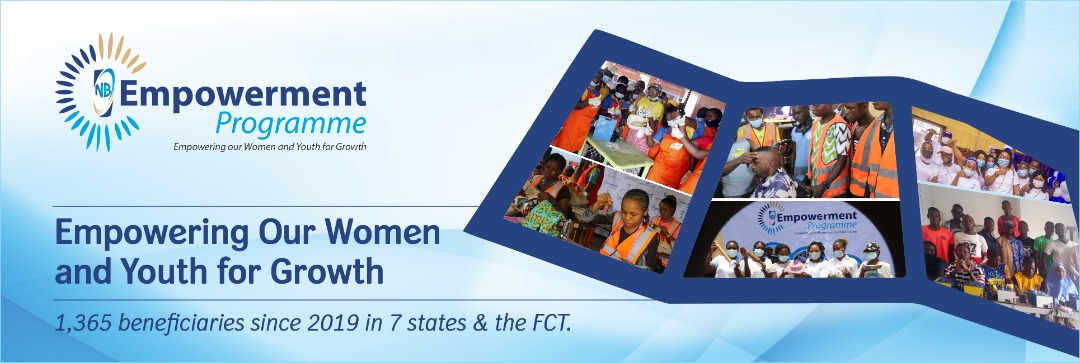The Electoral Commission for Sierra Leone (ECSL) has reaffirmed its commitment and readiness to deliver credible and transparent presidential and parliamentary elections on Saturday.
“We are ready mentally and physically for Saturday’s elections, and a possible run-off vote should the need arise,” the ECSL’s chief electoral commissioner Mohamed Konneh told ECOWAS Observers during a briefing in his Freetown office on Tuesday.
He confirmed that ballot papers for Saturday’s polls were received from South Africa on Monday and that non-essential electoral materials had been deployed to the 16 districts with 92,000 personnel recruited for electoral duties nationwide.
The chief commissioner explained that the commission followed constitutional provisions using figures from the 2016 census and the 2022 mid-term census for boundary delineation and determining the number of parliamentary seats, constituencies, polling centres and polling stations per district.
He said that initial challenges with the voter registration process, related to registrants without photographs and/or ID cards, had been resolved, adding that eligible voters could still vote without ID cards so long as their names are on the voters register and they could answer basic questions for their identification.
The Chief Commissioner explained that the allegations by the opposition All People’s Congress (APC) about double and under-age registrations had been ironed out with that party’s executives and expressed surprise that the party was still raising the same issues a few days before the elections.
On the question of his eligibility and those of some other ECSL Commissioners raised by the APC, he explained that their appointments followed due process including parliamentary vetting and approval, adding that he and his commissioner-colleagues had conducted more than 20 bye-elections, which were won by both the ruling party and the opposition.
He sees violent attacks on political party offices, candidates, and the hate and inciting statements on social media attributed to a foreign-based blogger named Adebayor, including against the electoral Commission, as a major threat that could negatively impact the voter turn-out on Saturday as happened with the 2022 mid-term census.
However, based on assurances from the security agencies, chief commissioner Konneh expressed optimism that the elections would go well.
He said the APC’s call for an independent audit of the voters register and postponement of the elections would lead to a constitutional crisis because by 24th July the national parliament would have been dissolved and exhausted its constitutional life span.
Chief commissioner Konneh appealed to political parties to respect the peace pledge in the elections, which they signed.
As a follow-up measure, the Political Party Regulations Commission (PPRC) and the Independent Commission for Peace and National Cohesion (ICPNC) have been working jointly to address the APC’s complaints against the ECSL and security agencies.
“We (the Electoral Commission) are transparent and prepared for the elections on Saturday, and we also have a contingency plan, including a supplementary budget proposal” for the prompt procurement of electoral materials, should a presidential run-off election become necessary, Konneh added.
Sierra Leone’s constitution requires a candidate to receive 55 percent valid votes in the first round to win the presidency, otherwise, the two frontrunners will go into a run-off vote two weeks after the announcement of the official results of the first round.
Thirteen candidates from seventeen registered political parties are vying for the presidency on Saturday. Incumbent President Julius Maada Bio, who is seeking re-election on the platform of the Sierra Leone People’s Party (SLPP) and Samura Kamara of the opposition APC, whom Bio defeated in the 2018 election, are the frontrunners in Saturday’s race.
Some 135 Parliamentary and 493 Mayoral and Local Council seats are also in contention on Saturday.
The ECSL registered 3,374,258 voters for the 2023 elections out of an estimated population of 8.7 million.
Voting will take place in 11,832 polling stations within 3,630 polling Centers across the 16 electoral districts nationwide from 7:00 AM to 5:00 PM.
















